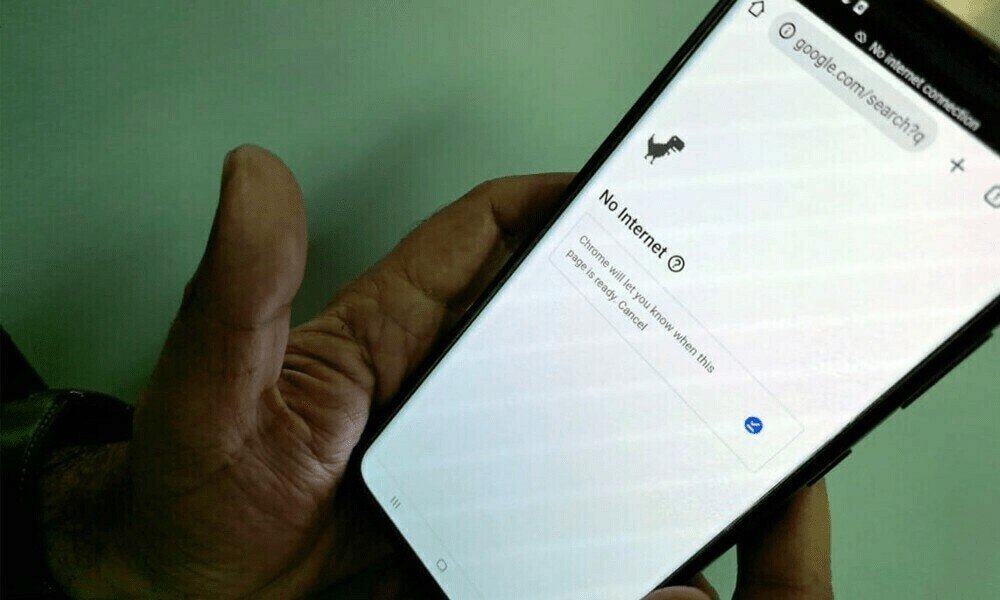ISLAMABAD – The Wireless and Internet Service Providers Association of Pakistan (WISPAP) has called the country’s latest internet blackout a “national failure,” warning that recurring disruptions are crippling essential services and damaging Pakistan’s global reputation.
Chairman Shahzad Arshad said Tuesday’s outage left nearly two-thirds of users offline, echoing a similar nationwide collapse on the same date in 2022. The disruption cut banking transactions, froze e-commerce activity, delayed healthcare access, and left freelancers unable to meet global deadlines.
Independent monitors such as NetBlocks reported that national connectivity fell to just 20 percent of normal levels, with PTCL among the worst affected. The failure is suspected to have originated from a technical fault in an upstream provider’s network, compounded by flooding in critical regions.
Arshad condemned the fragility of Pakistan’s internet backbone, citing years of neglect and overdependence on a small number of providers. “Internet outages are no longer rare accidents in Pakistan — they’ve become a recurring reality,” he said, adding that repeated collapses on the same date should serve as a wake-up call for policymakers.
He stressed that internet access must now be considered as critical as electricity, with every hour of downtime costing the economy millions. WISPAP has long advocated for infrastructure diversification, regional internet exchanges, and investment in redundancy to prevent nationwide blackouts.
While smaller ISPs often manage to keep communities connected during major outages, Arshad noted their limited scale prevents them from offsetting backbone failures. “Pakistan’s digital future cannot remain hostage to single points of failure. We need decisive reforms, not repeated apologies,” he concluded.
Pakistan’s digital dependence is growing rapidly, yet the backbone of its connectivity remains dangerously fragile — a weakness industry leaders say can no longer be ignored.















